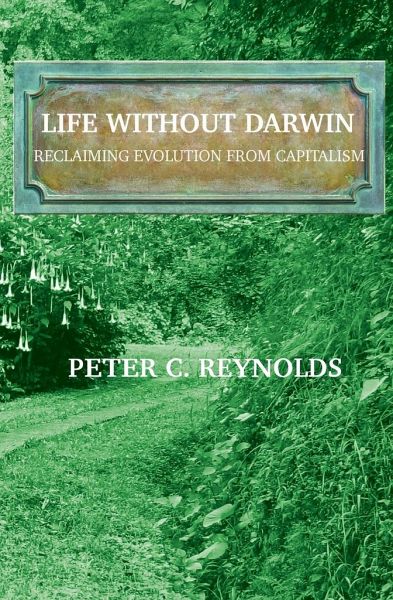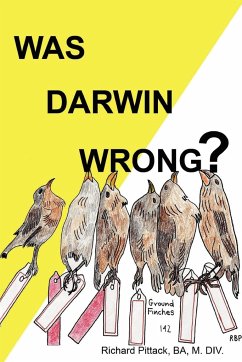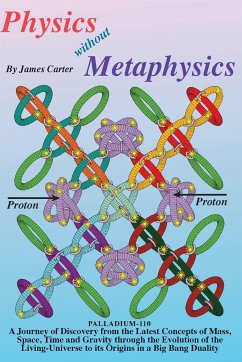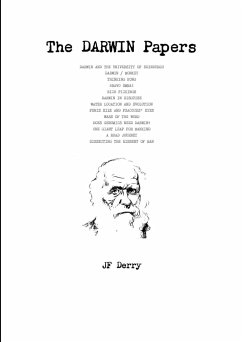
Life Without Darwin
Reclaiming Evolution From Capitalism
Versandkostenfrei!
Versandfertig in 1-2 Wochen
21,99 €
inkl. MwSt.

PAYBACK Punkte
11 °P sammeln!
Organic evolution was born of the theory of Progress, emerging in late 18th-century France with the belief that all of nature and society are changing for the better. In England too, Erasmus Darwin, a prominent physician, maintained that the species living today are the modified descendants of species known only from fossils. But the British government suppressed organic evolution as subversive. Half a century later, Erasmus's grandson Charles reinstated organic evolution, but he gave it a capitalist spin by merging it with Malthus. Charles Darwin explained the moral order as a product of natu...
Organic evolution was born of the theory of Progress, emerging in late 18th-century France with the belief that all of nature and society are changing for the better. In England too, Erasmus Darwin, a prominent physician, maintained that the species living today are the modified descendants of species known only from fossils. But the British government suppressed organic evolution as subversive. Half a century later, Erasmus's grandson Charles reinstated organic evolution, but he gave it a capitalist spin by merging it with Malthus. Charles Darwin explained the moral order as a product of natural selection, thus making self-interest and competition the basis of society. By conflating social progress with genetic change he provided the rationale for eugenics. Darwinism became the ideological charter for the emerging corporate world. Many on the left embraced natural selection for its implicit critique of religion, yet few have noticed that Darwinist premises preclude the community and the commons that socialists seek to restore.














